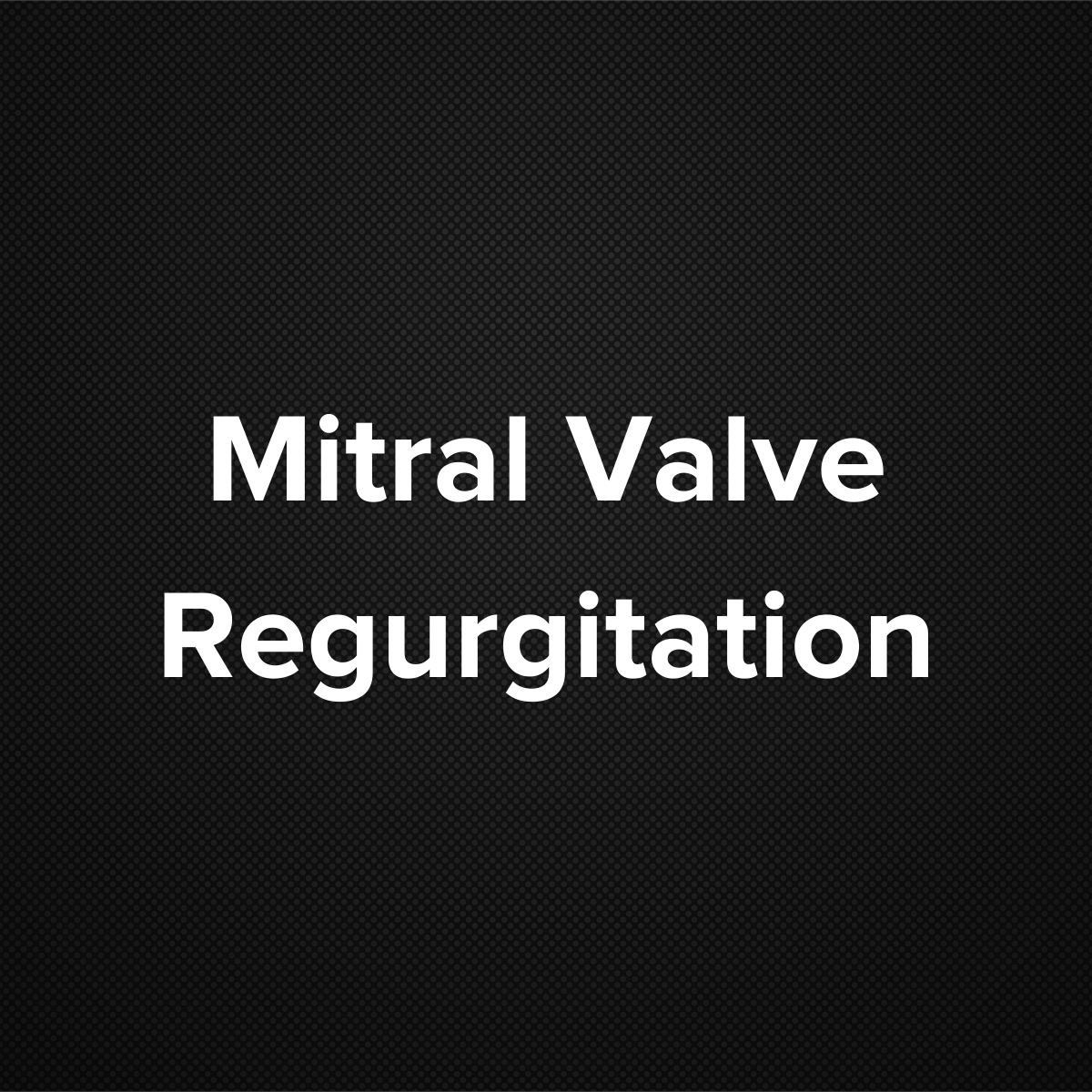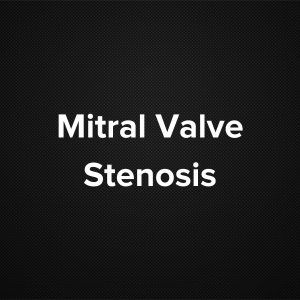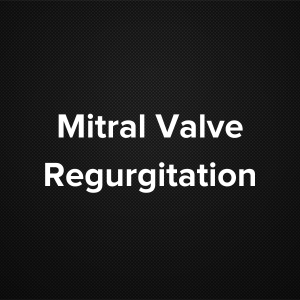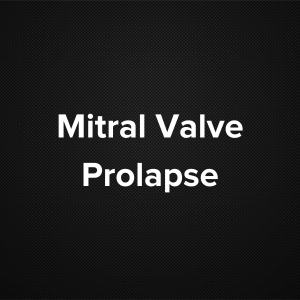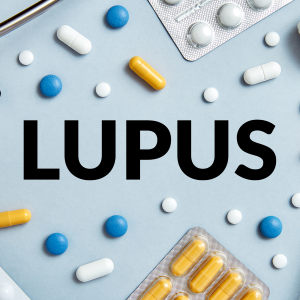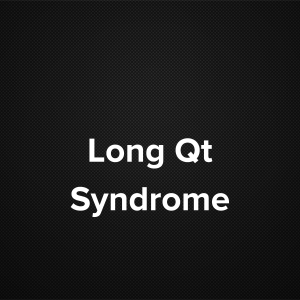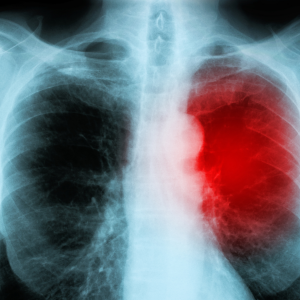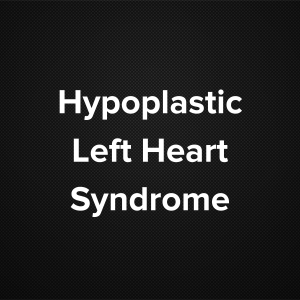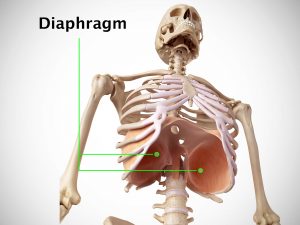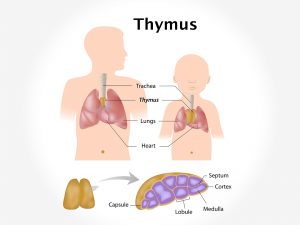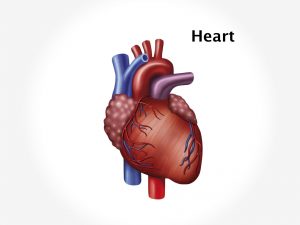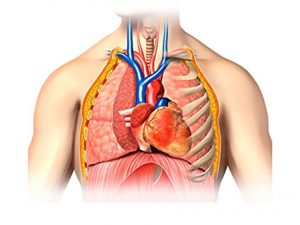Causes and risk factors
Any of several heart conditions can cause mitral valve regurgitation. They include prolapse of the mitral valve, rheumatic heart disease, coronary heart disease, cardiomyopathy or congenital diseases of the heart. MR can occur as a result of infections of the heart such as endocarditis or as sequelae of a prior myocardial infarction. Side effects of certain drugs taken over long periods e.g. ergotamine, pergolide, fenfluramine also gives rise to MR.
Other causes of mitral regurgitation include atherosclerosis, hypertension, left ventricular enlargement, scleroderma, cardiac tumors and untreated syphilis.
Clinical presentation
Patients with MR usually remain asymptomatic unless the regurgitation is severe. Breathlessness is experienced as the regurgitation progresses; first on exercise, then at rest too. The patient experiences fatigue, palpitations, chest pain, dizziness and fainting spells. Cough may be present, especially at night. Heart murmurs may be revealed on examination.
MR can give rise to complications such as thromboembolism, atrial fibrillation, endocarditis or heart failure.
Diagnosis & Investigations
Mitral valve regurgitation is a symptom that can arise out of a number of causes. These must be differentiated on the basis of the presenting symptoms, patient’s medical history and investigations.
An electrocardiogram and an echocardiogram are performed to understand functioning of the heart valves. A chest X-ray is done to detect an enlargement in the heart’s size.
Cardiac catheterization is performed in which a thin tube is introduced into the blood vessels of the heart. By means of this, a detailed view of the cardiac blood vessels and their functioning can be observed.
CT scan or MRI scan of the heart may be done to view any structural abnormality in the heart.
Treatment
People with mild mitral regurgitation do not need any active treatment. Patients who are symptomatic need medications to prevent further complications.
A low salt diet is advised to keep blood pressure in check.
Medications include the use of anticoagulant drugs, diuretics antihypertensive drugs, depending upon the patient’s symptoms.
In severe cases, surgery may be needed to repair or replace the mitral valve.
